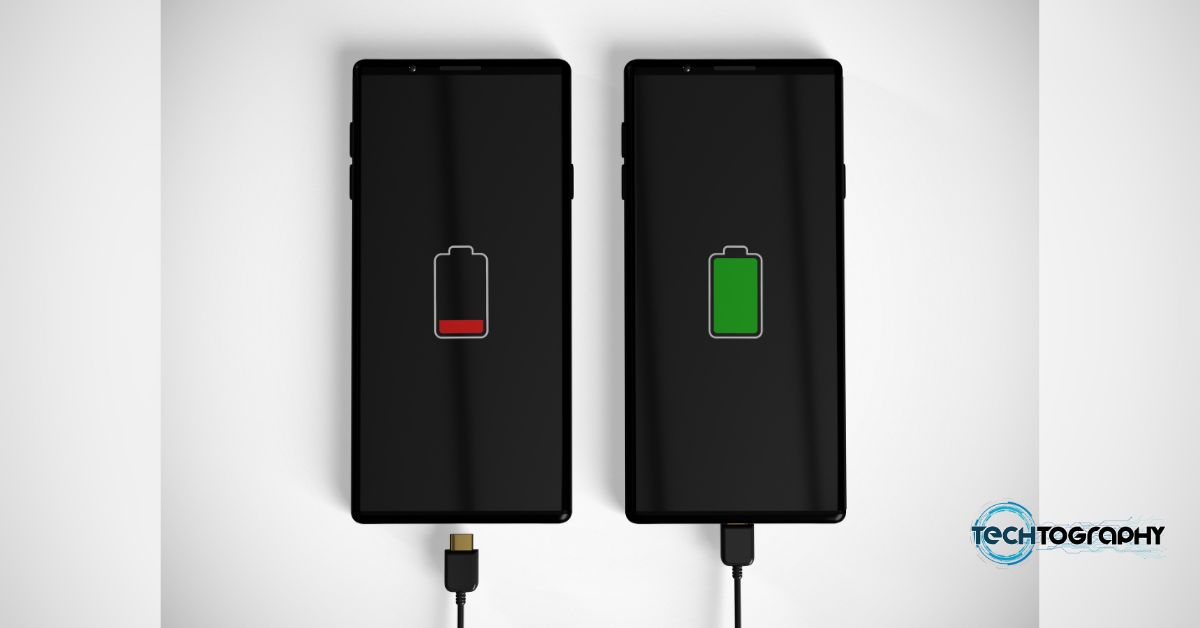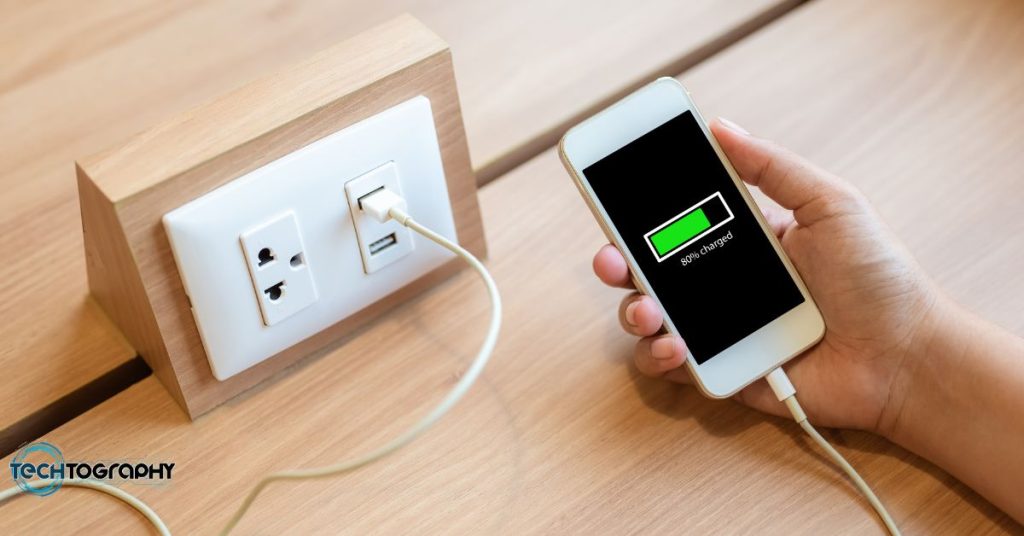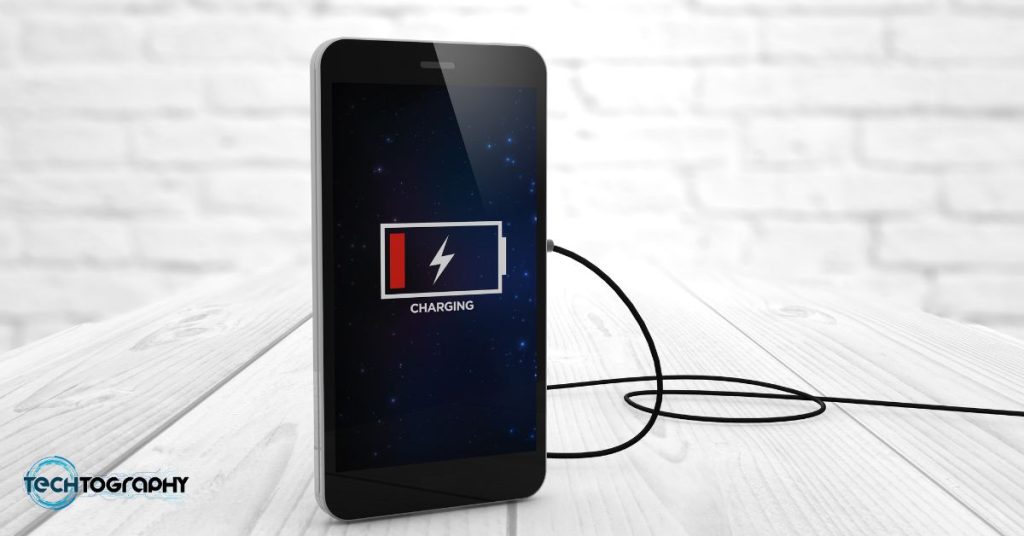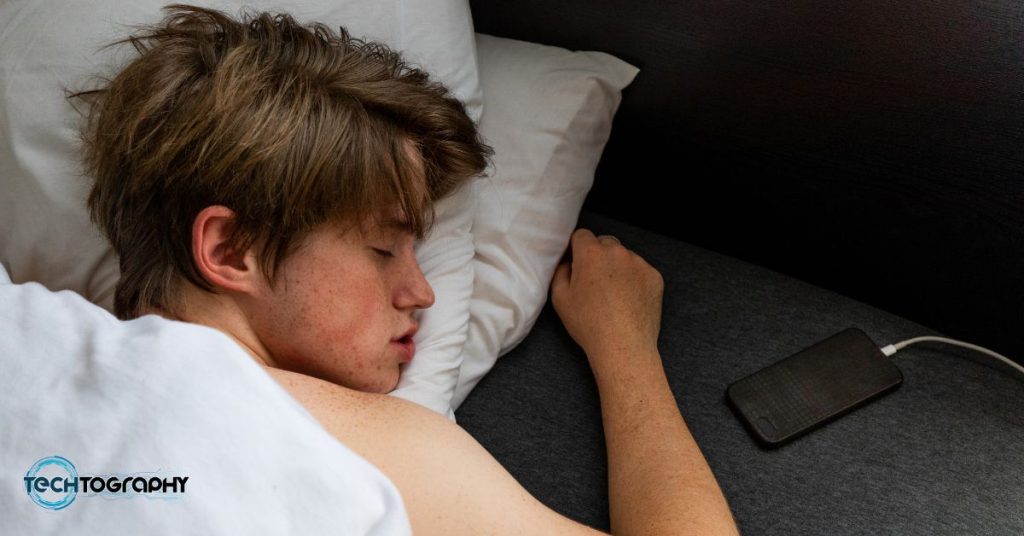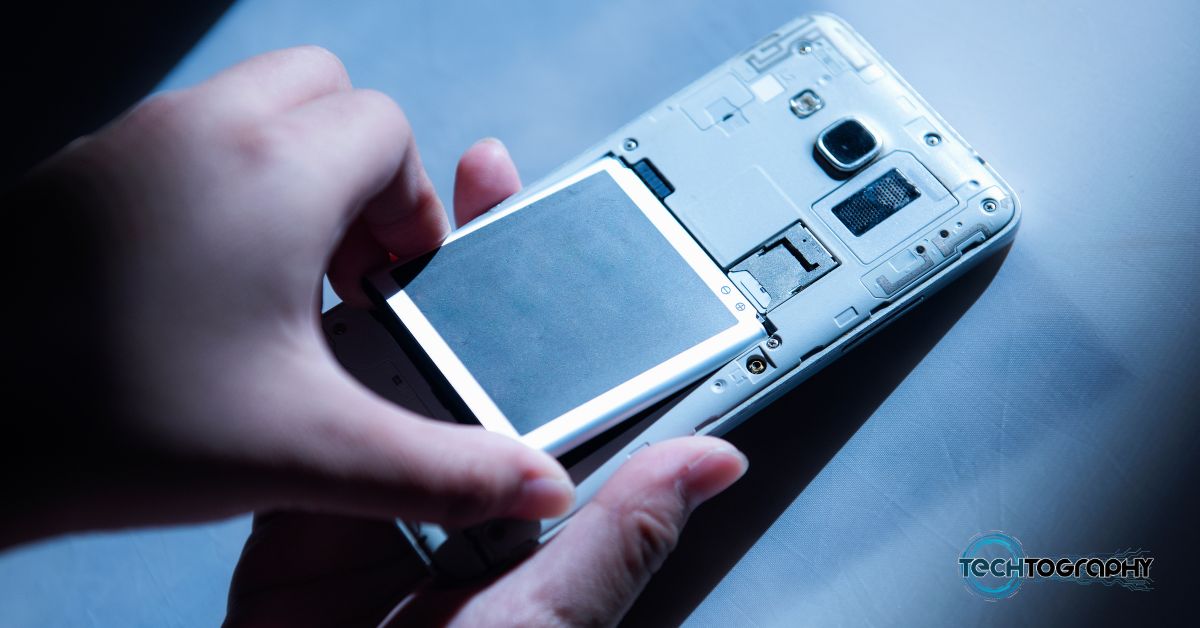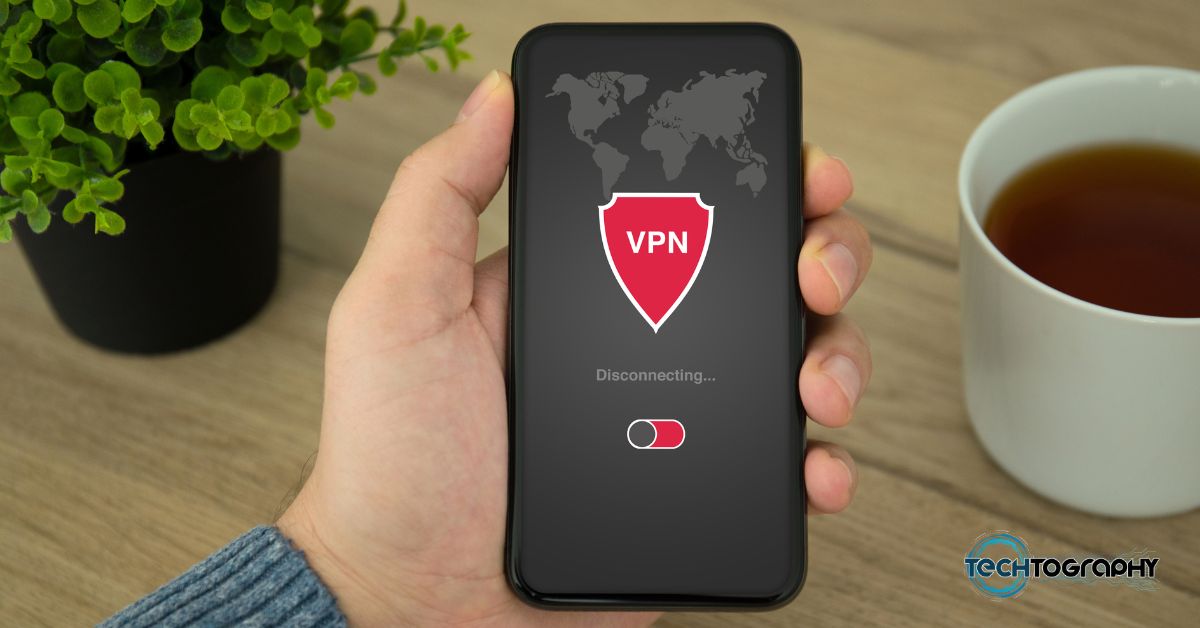In this Blog Post:
A major concern for every smartphone user is battery life. It’s frustrating when your phone’s battery drains faster than expected, and you’re left scrambling for a charger. In this article, we’ll demystify the concept of charging cycles, how they affect your phone’s battery health, and provide actionable tips on managing them effectively. We’ll also debunk myths around overnight charging and explain the optimal level for charging your battery.
Understanding Charging Cycles
Firstly, let’s unpack the term ‘charging cycle.’ A charging cycle refers to the process of charging a battery from 0% to 100% and then discharging it back to 0%. However, this doesn’t mean that your battery has to go from 100% to 0% in one go. For instance, if you charge your phone from 50% to 100% twice, that also counts as one full charging cycle.
The lifespan of a smartphone battery is usually measured in charging cycles, often around 300 to 500 full cycles, after which the battery’s capacity may start to degrade. This means your battery might not hold as much charge as it used to, resulting in a shorter time between charges.
The Impact of Charging Cycles on Battery Health
Every battery has a finite life, and each charging cycle slightly wears down its capacity. However, this doesn’t mean your battery will become useless after reaching its cycle count. It will still function but might hold roughly 80% of its original capacity.
The Optimal Charging Level for Your Battery
Contrary to popular belief, charging your phone to 100% and then letting it drain completely isn’t the best practice for maintaining battery health. In fact, keeping your battery between 20% and 80% can help extend its lifespan. This range is often referred to as the ‘sweet spot’ for lithium-ion batteries, the type commonly found in smartphones.
Think of your battery like a muscle; just as muscles need rest and shouldn’t be overworked, batteries too perform best when not pushed to their extremes.
Does Overnight Charging Harm Battery Health?
A common question among smartphone users is whether leaving a phone plugged in overnight can damage the battery. The good news is, modern smartphones are designed to stop charging when they reach 100%, preventing overcharging. However, once the battery naturally discharges a bit, the phone might start charging again, keeping the battery in a high-stress, high-tension state that can wear down its chemistry over time.
Therefore, while overnight charging won’t cause immediate damage, it’s good to avoid it when possible to extend your battery’s overall lifespan.
Managing Your Battery Charging Cycles
Now that we understand the impact of charging cycles on battery health, here are some easy-to-implement tips to manage them effectively:
1. Keep your battery’s charge between 20% and 80% whenever possible.
2. Avoid letting your phone’s battery drop to 0% or charging it to 100% regularly.
3. If you can, avoid overnight charging. If you must, consider using smart plugs or chargers with timers to prevent prolonged high-stress charging.
4. Keep your smartphone cool while charging, as high temperatures can accelerate battery degradation.
Conclusion
Managing your smartphone’s battery health doesn’t have to be complicated. By understanding the concept of charging cycles and the impact on your phone’s battery lifespan, you can make small changes that keep your phone running longer. Remember, the key is to avoid extremes in both charging and discharging, and give your battery a break now and then. Happy charging!
